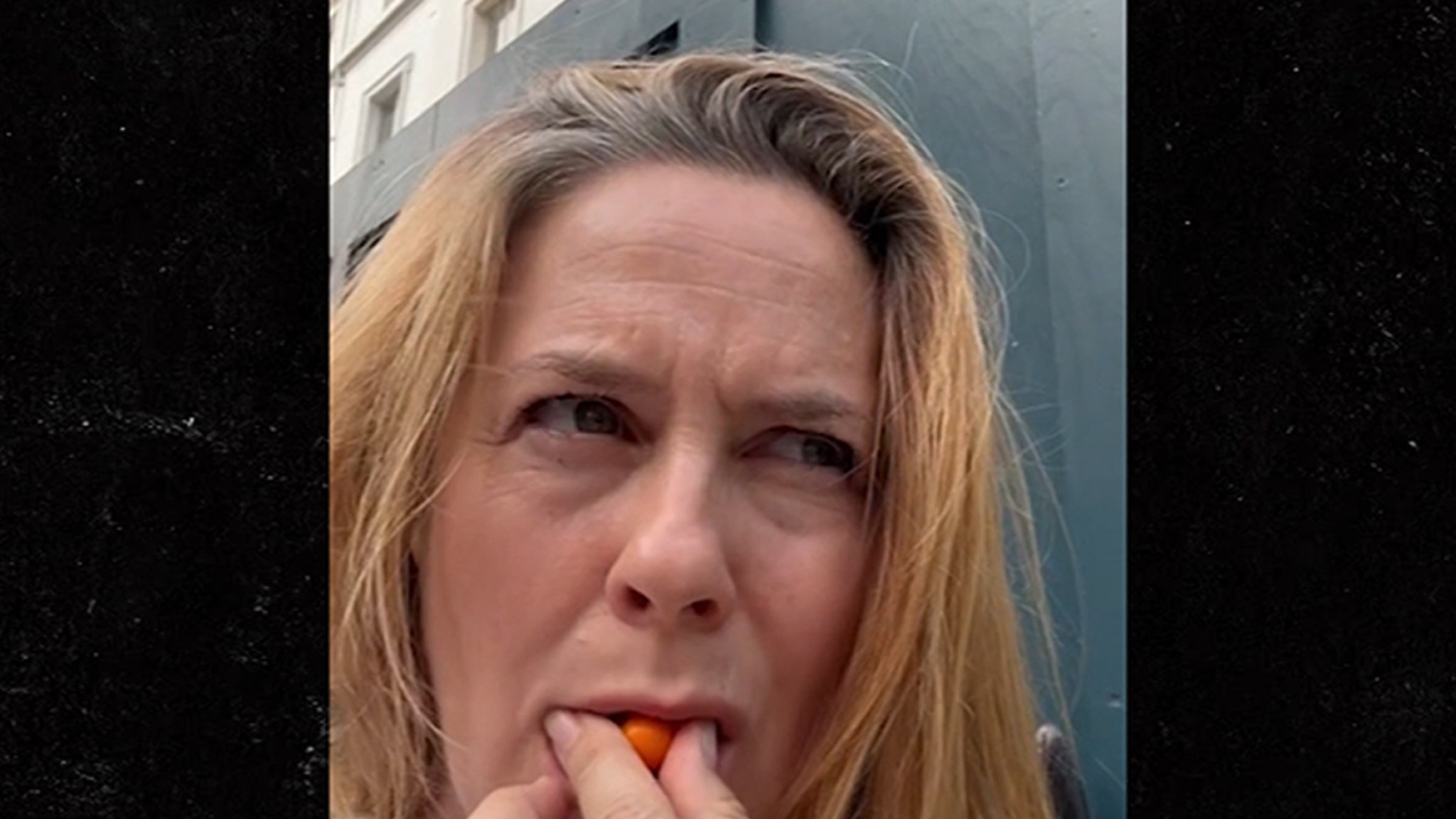Culture
Cassandra Jenkins Finds a Way to Follow Her Surprise Breakthrough LP


Lappin marveled at Jenkins’s willingness to reimagine every track, and in early October he arrived in New York to cut a few songs. They sat at her apartment piano and rearranged “Clams Casino,” a bittersweet tune about her grandmother, loneliness and the exhausting search for silver linings. It suddenly sounded like Tom Petty, perched on a cumulus cloud.
When they recorded it the next day, Jenkins finally recognized a route into her album, out of her Valley of Despair. After 18 months of false starts (and a month after another missed deadline), they remade the record in a two-week rush. “I sensed,” she said, “a new agency.”
Sitting in front of her fireplace, lit only by a salt lamp, Jenkins joked that it was very easy for her to be emotional over little at all: “Sometimes, I just need a nap.” Still, expressing emotions through music long felt foreign. The covers her family performed meant little to her; in others’ bands, she was fulfilling a role. Her own early songs often responded to works of art, like homework prompts. But a few years before she wrote “An Overview,” her father began playing piano at a stiff family wedding, merrily tripping over chords.
“All of a sudden, we had a container for feeling all the things we were feeling — people who were recently divorced, people who wanted to get married, people whose husband had just died,” she said. “Everyone was feeling so much in that moment, about themselves.”
Jenkins is striving to make music where she can be that real, where she can sing exactly how she feels. That was one reason she kept revising “My Light, My Destroyer,” to inch closer to truth. Late during those October sessions with Lappin, she sang “I wish you well,” her beneficent greeting for two people who had hurt her badly. She passed one of them on the street last year. But when she heard herself sing it, rendered with the clarity of a $20,000 microphone, she understood she had failed her own polygraph.
“I wish I could wish you well,” she sang instead, barbing her blessing.
“I’d rather be the real version of myself than the version that’s trying to be perfect, the virtuous version,” she said, smiling. “I don’t think songwriting’s a guaranteed healing method. It’s just a good place to put stuff down and toil with it.”























